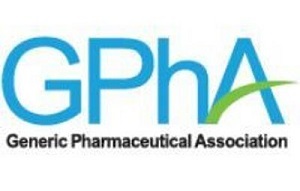Generic drugs cut U.S. health care costs by $254 billion in 2014

Generic drugs reduced the nation's health care spending by a record-breaking $254 billion in 2014, leading to a total savings of $1.68 trillion since 2005, the GPhA seventh annual Generic Drug Savings in the United States report said. The study was conducted by the IMS Institute for Healthcare Informatics on GPhA's behalf.
The majority of the savings in 2014 were from generic drugs to treat mental health, hypertension and high cholesterol. Additionally, generic drugs taken by older adults and seniors resulted in the most savings with individuals age 40 to 64 seeing $111 billion in health care savings while those 65 and older saw a savings of $92 billion.
As everyone from patients to policymakers struggle to deal with rising health care costs, the generic drug market is quickly becoming a long-term solution.
"Patients, taxpayers and others will find no better partner than the generic industry in efforts to reduce health expenses and promote savings and access," GPhA President and CEO Chip Davis said. "The best way to accomplish this is to increase competition from generic drugs."
The report said there are many ways to increase generic competition, such as by Congress supporting timely reviews of generic drug applications by the Food and Drug Administration so consumers can gain access to more options that would decrease prices.










 Alerts Sign-up
Alerts Sign-up